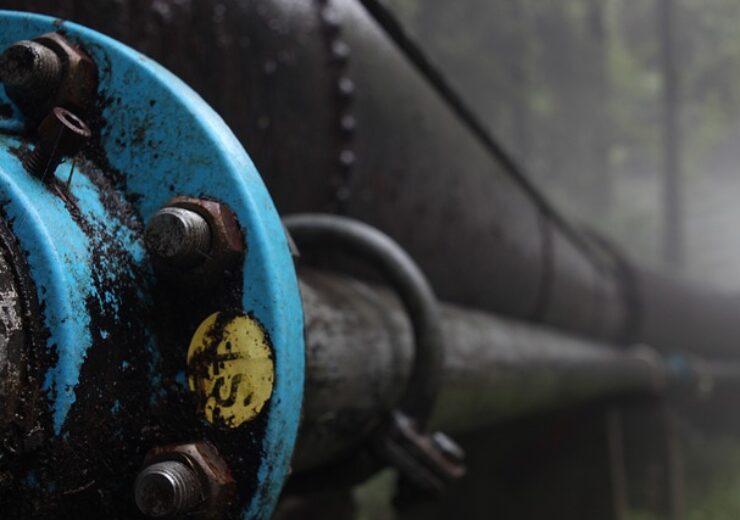This is the second time that the cost estimate of the midstream project has been increased with the latest marking an increase of 30% from the previous estimate of C$11.2bn ($8.4bn) in July 2022, which in turn was a 70% jump from the original estimate of C$6.6bn ($5bn)

TC Energy has completed almost 83% of the Coastal GasLink pipeline project. (Credit: Johannes Rupf from Pixabay)
TC Energy has increased the cost estimate of the Coastal GasLink pipeline project in Canada to around C$14.5bn ($10.9bn) following the completion of a cost and schedule risk analysis (CSRA).
The analysis was done to evaluate the present market conditions and possible risks and uncertainties faced by the remaining scope of the 670km long natural gas pipeline project being built in British Columbia.
This is the second time that the cost estimate of the midstream project has been increased. The latest estimate marks an increase of 30% from the previous estimate of C$11.2bn ($8.4bn) in July 2022, which in turn was a 70% jump from the original estimate of C$6.6bn ($5bn).
TC Energy said that the latest estimate removes possible cost recoveries and includes contingencies for some factors that may be outside of its control. These include labour conditions, weather-related events, and the performance of contractors.
According to the company, the Coastal GasLink pipeline project continues to be plagued by difficult conditions in the Western Canadian labour market, insufficient skilled labour, and contractor underperformance and disputes.
Besides, the project is facing unexpected events such as drought conditions and erosion and challenges pertaining to sediment control.
TC Energy warned that the costs could go up by another C$1.2bn ($900m) if the construction of the pipeline extends into 2024.
Currently, the Coastal GasLink project is said to be almost 83% completed. More than 485km of the pipeline has been backfilled with restoration activities in progress in several areas, said TC Energy.
The Canadian firm said that it is pursuing cost mitigants and recoveries that could partly offset the incremental revised project costs.
TC Energy president and CEO François Poirier said: “We are disappointed with the increase in the Coastal GasLink Project costs. We continue to be laser-focused on safely completing this critical piece of energy infrastructure at the lowest possible cost, which will enable Canada’s first direct path for LNG exports.
“The Project will provide substantive benefits for Indigenous and local communities across the Project route, our customers, the Western Canadian Sedimentary Basin, as well as playing a vital role in enabling global energy security and emissions reduction contributing to global climate goals.”
The Coastal GasLink pipeline project will transport natural gas from the Montney gas-producing region near Dawson Creek to an LNG Canada facility near Kitimat. It will initially have a capacity of transporting 2.1 billion cubic feet per day (bcf/d).
